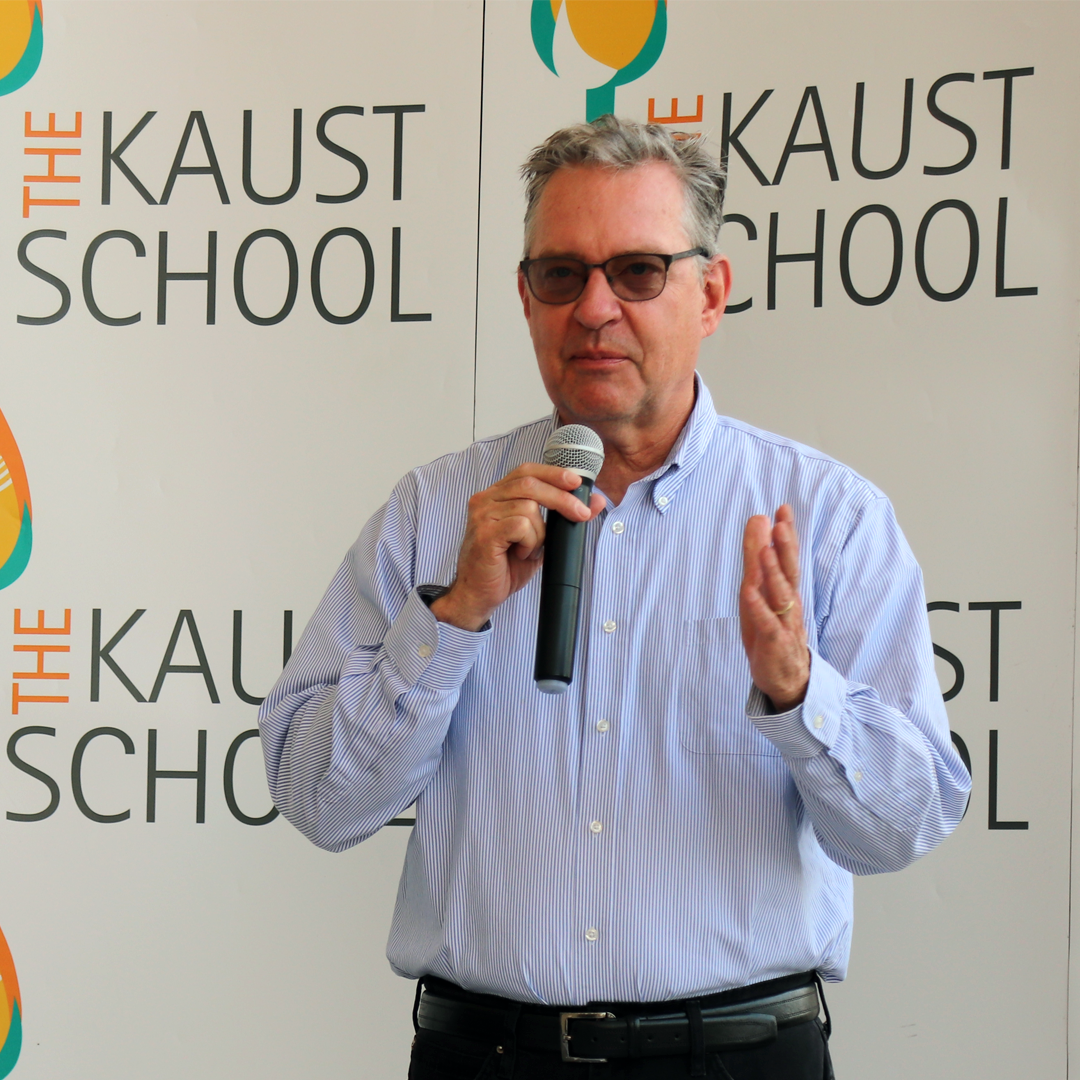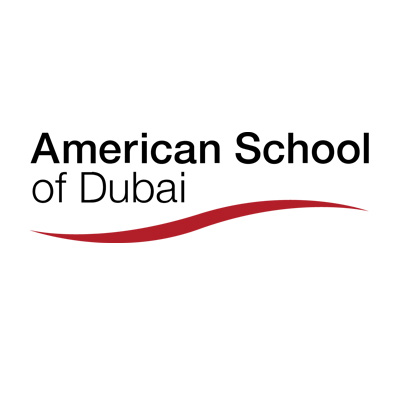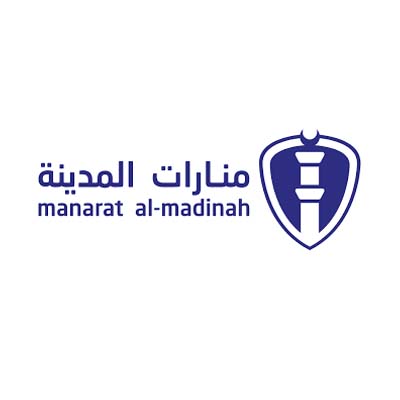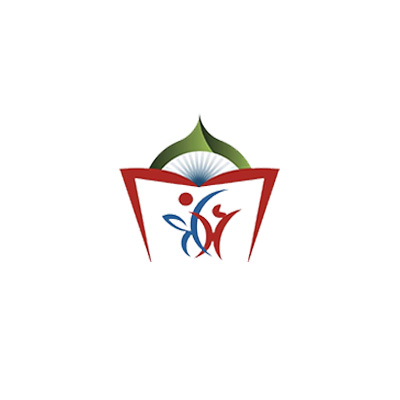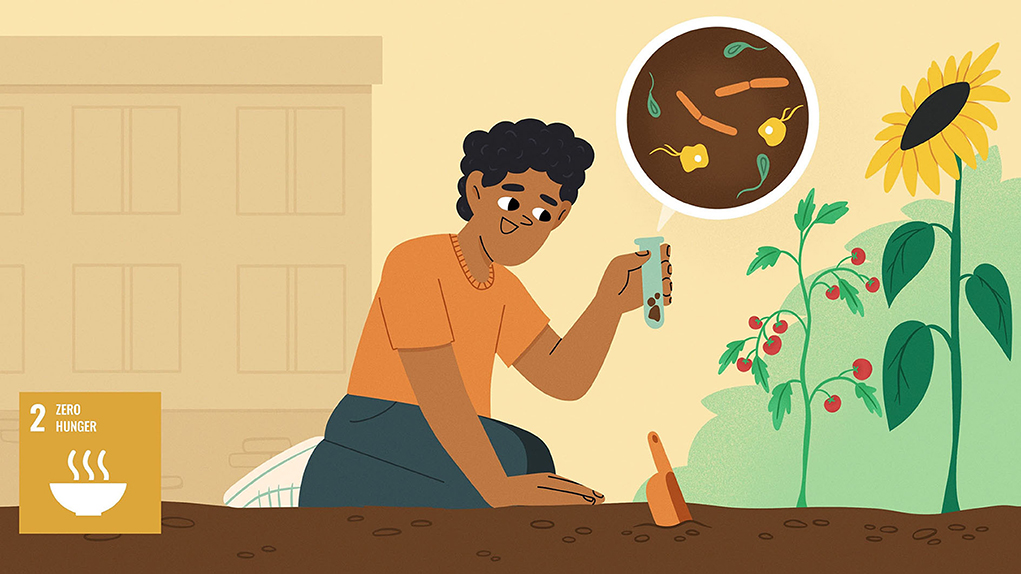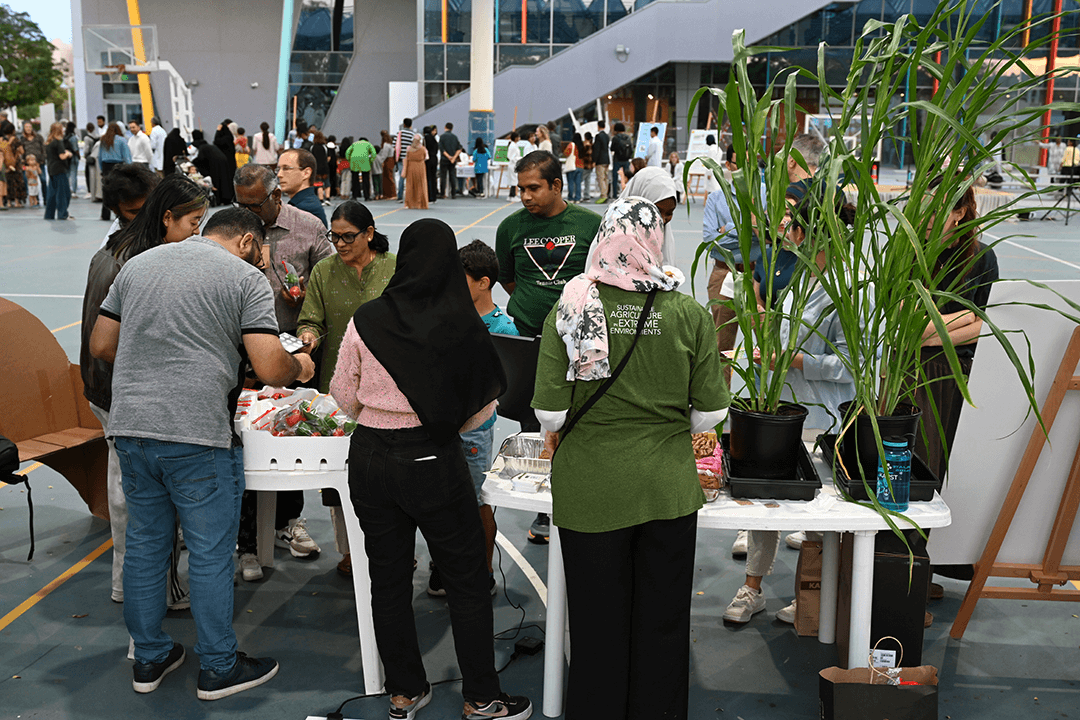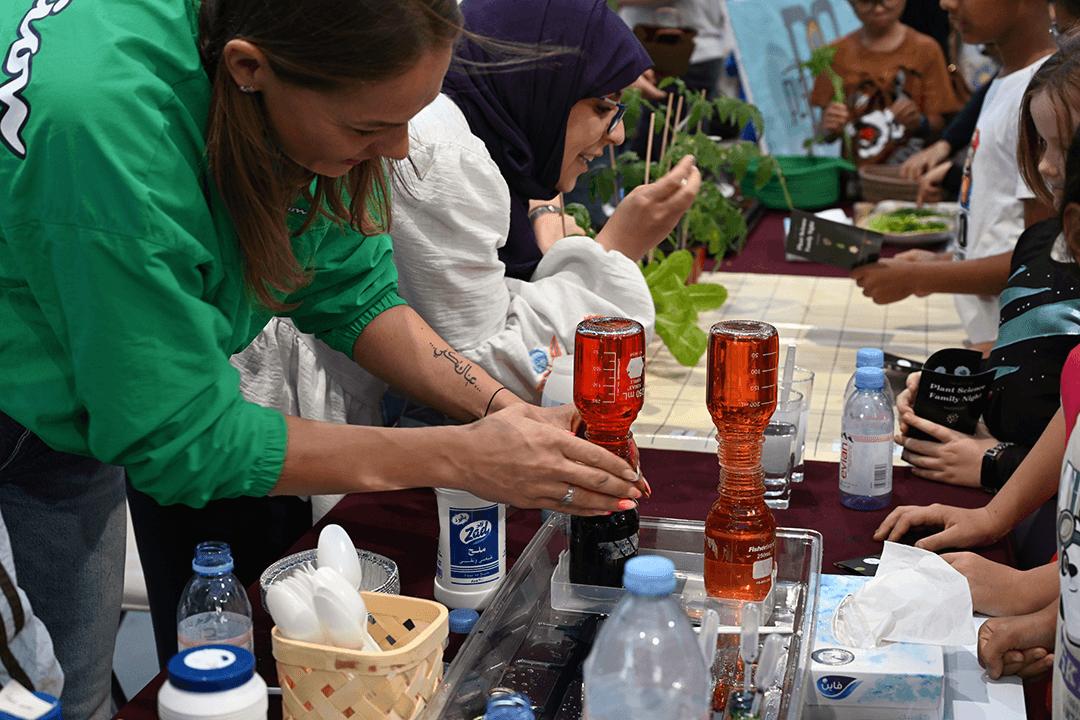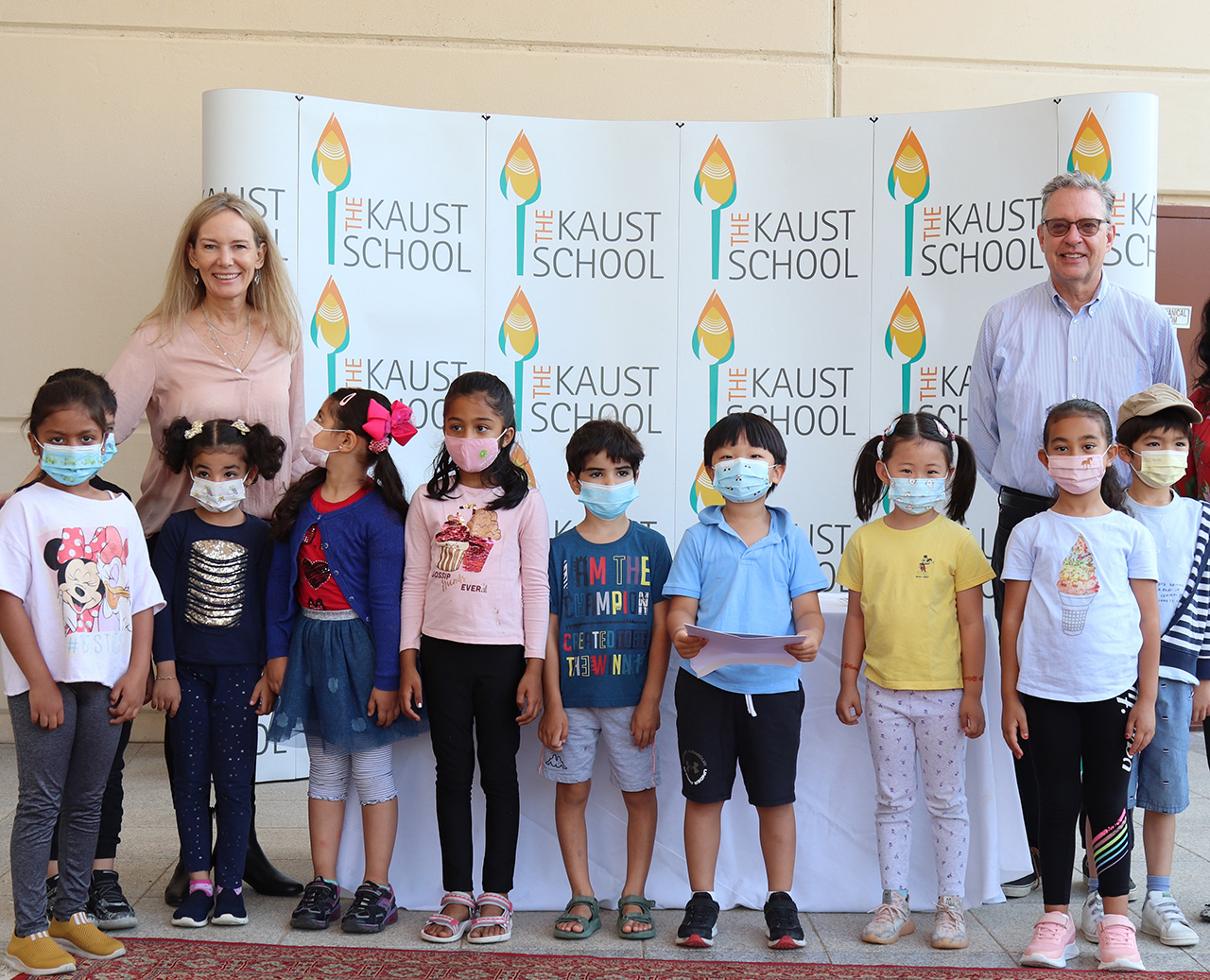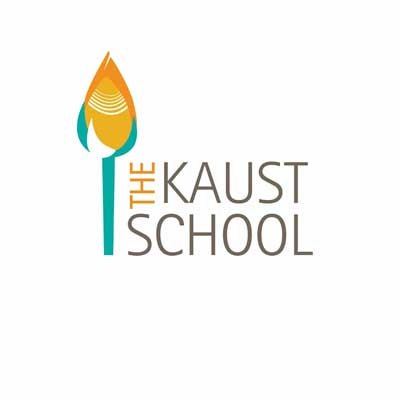
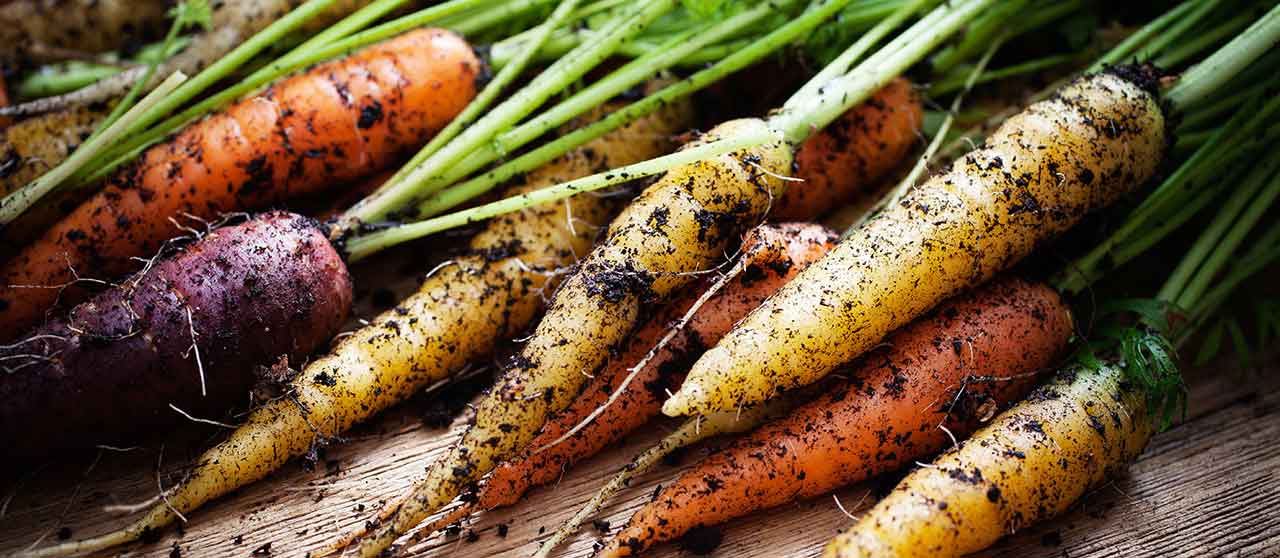
Edible Education Program
Overview
The global food system presents significant challenges on two fronts: the environment and public health. It consumes vast amounts of water, energy, and land, while contributing substantially to greenhouse gases. It also plays a central role in the rise of diet-related illnesses, such as diabetes and heart disease, which are becoming increasingly prevalent.
By empowering students to understand where their food comes from and how it affects both personal health and the planet, the Edible Education Program cultivates a deeper sense of environmental responsibility and healthy eating habits.
Expanding this initiative across the Kingdom enriches students’ learning experiences through real-world, hands-on activities — transforming schools into edible learning environments. Students engage with food in innovative ways, strengthening their connection to food security and sustainable practices.
“KAUST is committed to empower and inspire the young minds of Saudi Arabia with the knowledge, training, and confidence to tackle what is arguably the most significant problem of this century:
“How can we sustainably feed our rapidly growing population?”
Professor Rod Wing,
Edible Education Program Director
Vision
To deliver a sustainable, joyful, and student-led gardening education program that inspires innovation, nurtures curiosity, and encourages interdisciplinary learning rooted in real-world impact.
Mission
To connect students with nature, their communities, and the wider world — helping them understand how food production shapes the future of the planet, and how their choices can make a difference.
What is the Edible Education Program?
The Edible Education Program integrates sustainable agriculture, healthy eating habits, and plant science into K-12 curricula. It serves as a catalyst for promoting:
- Environmental awareness
- Ownership of one’s carbon footprint
- The value of healthy, local sourced food
First piloted at The KAUST School (TKS), the program features an edible garden, a school kitchen, and an integrated curriculum designed to bring food education to life through hands-on learning.
National impact
The Edible Education Program shifts the paradigm around the Kingdom of Saudi Arabia’s food
system, incorporating the full lifecycle — planting, harvesting, cooking, and composting.
The initiative addresses gaps in nutrition knowledge, limited access to information, and
barriers to maintaining a balanced, nutritious diet by uniting the entire community around a
shared vision for health and sustainability. Interest from the Public Health Authority and
the Ministry of Environment, Water, and Agriculture (MEWA) highlights the program’s
potential to support national goals related to public health and environmental
sustainability.

Strategic Priorities
Guiding the Edible Education Program is a set of strategic priorities that advance sustainability, public health, and the cultural relevance of food education. These include:
• Empowering youth as problem-solving leaders in sustainable development and healthy living
• Preserving, promoting, and celebrating local food and medicinal traditions, as well as culinary heritage
• Creating a “Red Sea Diet” that emphasizes localized, healthy eating — incorporating sustainably sourced vegetables, fruits, grains, and seafood to reduce environmental impact
• Collaborating with local farmers, chefs, and food experts to strengthen regional food systems and community engagement
• Educating students and communities to minimize waste across the food cycle, from production to composting
• Promoting the selection of climate-appropriate local crops and teaching best practices related to native species
• Establishing a national network and database of educational and scientific resources to support curriculum development and teacher training
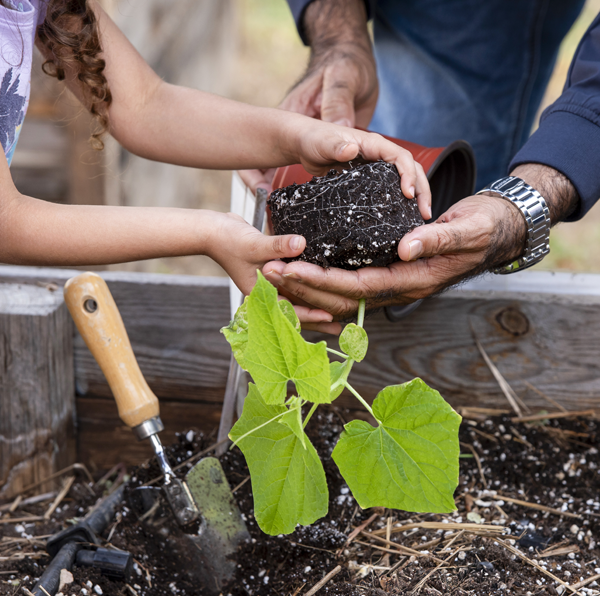
Alignment with Saudi Vision 2030
The Edible Education Program reinforces key pillars of Saudi Vision 2030, including sustainability, public health, natural resource protection, and youth empowerment — advancing the Kingdom’s evolving role as a global leader in environmental and food systems transformation. Direct areas of alignment include:
- Environmental Stewardship
- Global influence
- Protect Natural Resources
- Sustainable Economy
- Connect students to food in innovative ways while highlighting sustainable food security
- Guide nutrition and obesity-related policies with a nutrient profiling model
- Empowering young minds form healthy food habits
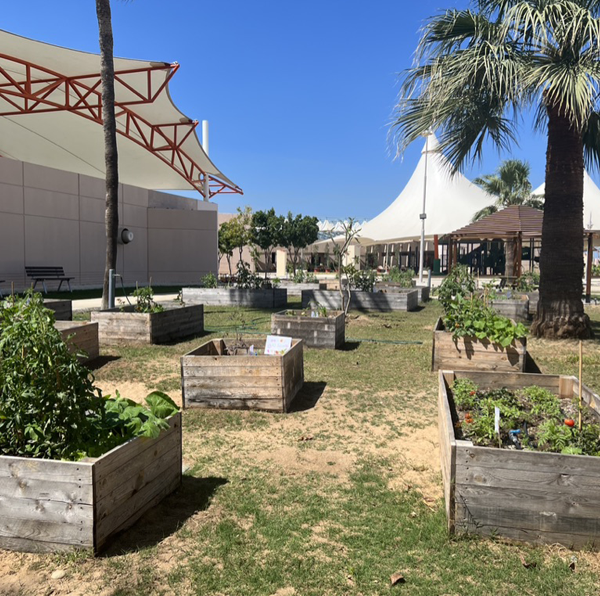
Network Map for the EEP
The Edible Education program unites schools under a shared mission, fostering a collective commitment to food education, sustainability, and healthy habits.
Project timeline: TKS pilot
Phase I: Design of the Garden Space (2021–2022)
- Students led the design process through a creative competition across the elementary/high school campus.
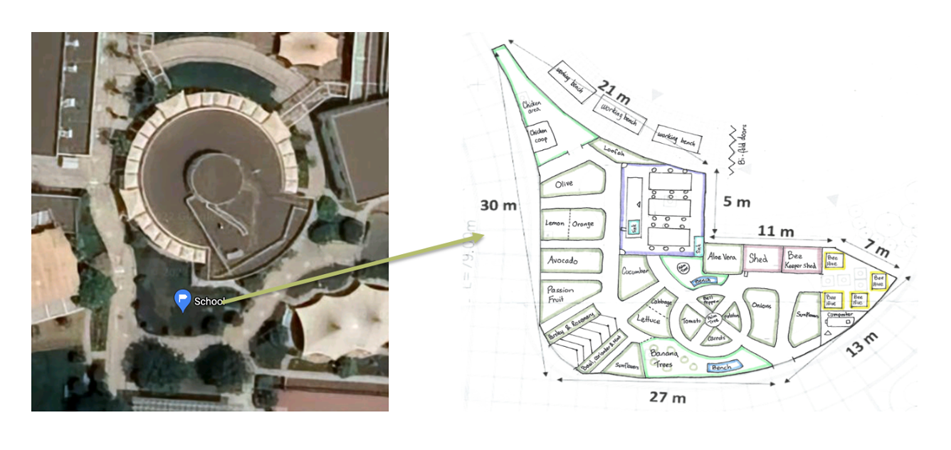
Phase I: Garden Construction (2022)
- Physical construction of the garden space based on student designs.
Phase II: Garden Activation (2022)
- Raised beds were filled and prepared for planting.
- Event: “Help Build the Garden” — a community-wide event to involve students, families, and staff.
Phase II: Kitchen Construction (2023)
- A dedicated kitchen space was built to support garden-to-table learning.
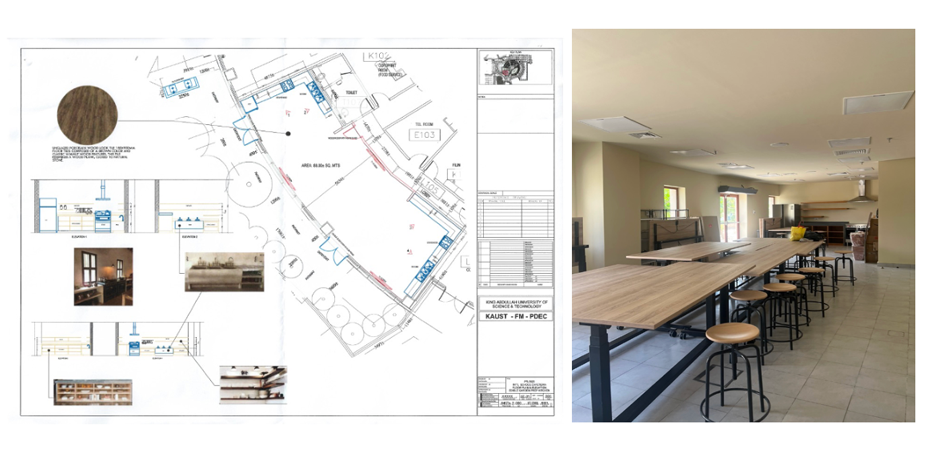
Phase II: Curriculum Integration (2023–2025)
- Authentic, interdisciplinary connections were made across K-12 subjects through four key themes:
- Food and Culture
- Food and the Environment
- Food and Wellbeing
- Food and Medicine
Resource library
TKS will make available an expanding library of educational tools and materials to support schools adopting the Edible Education Program. (Coming Soon)
Edible Education Garden Project
A behind-the-scenes look at construction of the Kingdom’s edible school garden.
Eat healthy with Duggos and Amba
A fun and engaging promotion of healthy food choices for children.
News and Events
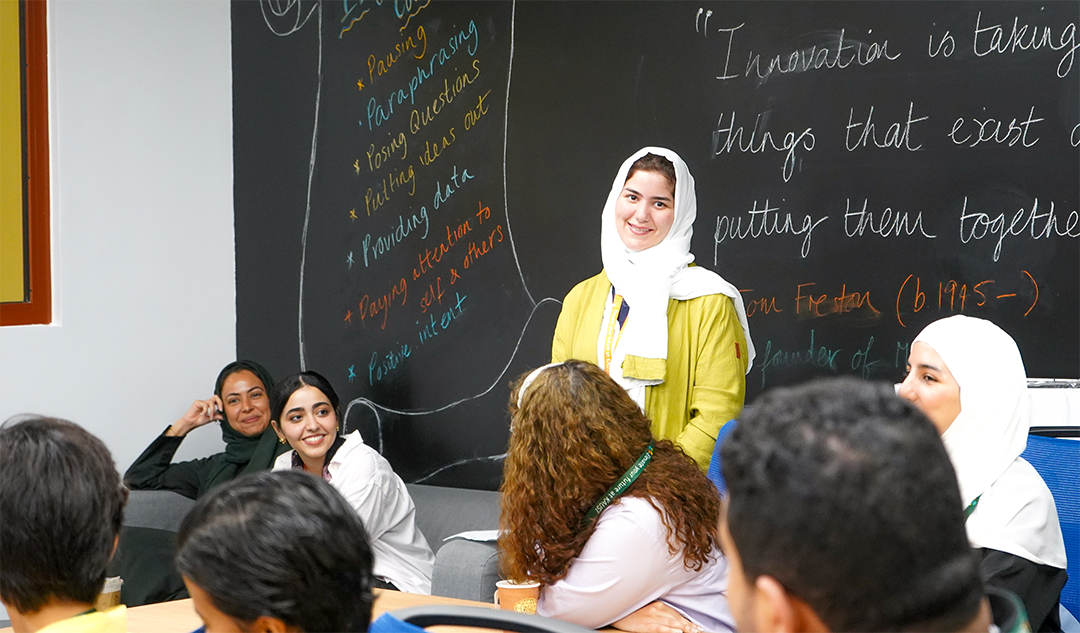
Events
Contact us
Email: info.sfs@kaust.edu.sa



